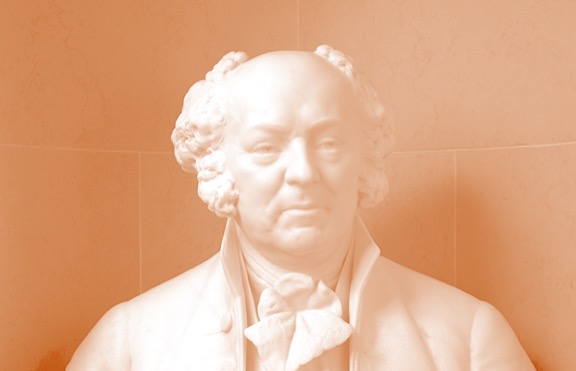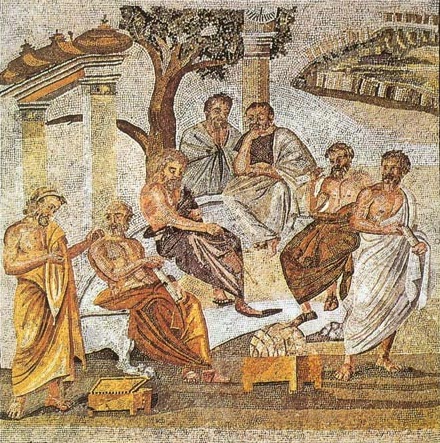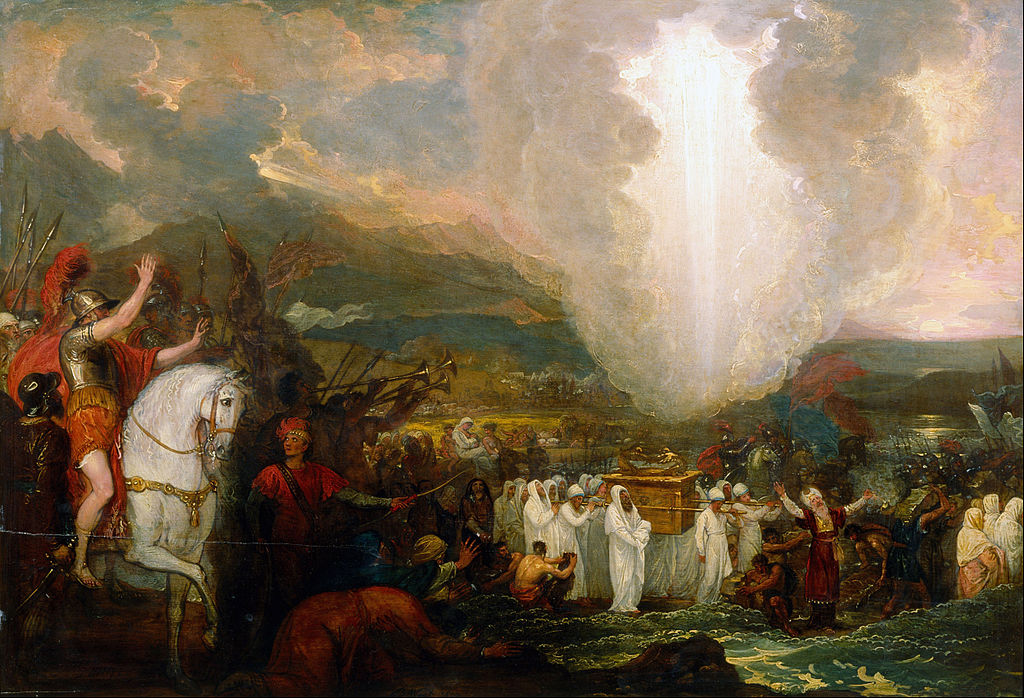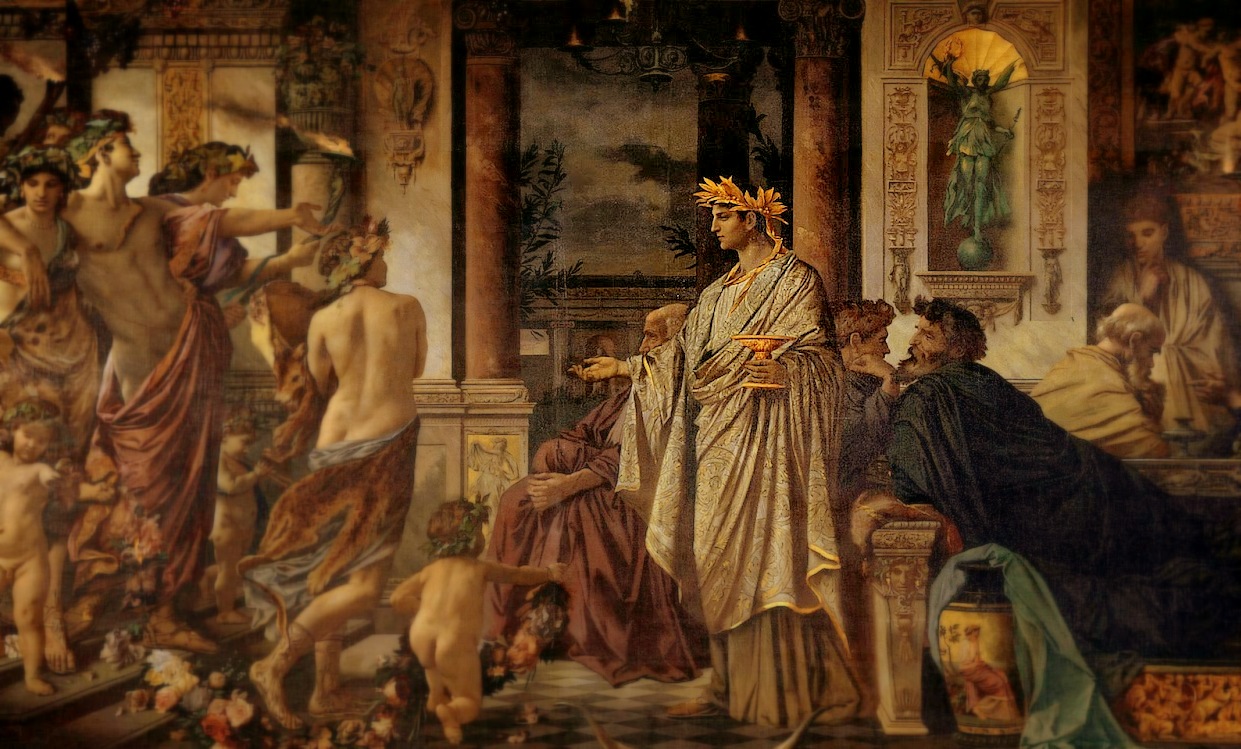Part II: Honor and self-constraint can stave off tyranny.
Floyd Void
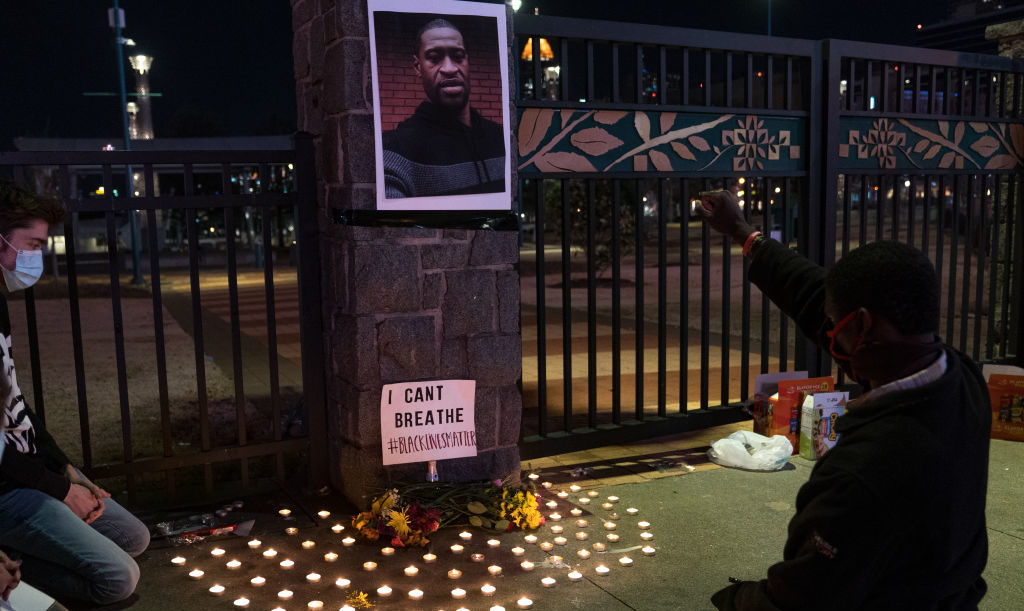
The Current Thing is an opportunity for courage.
Since the summer of George Floyd’s death and subsequent canonization, an intense homogeneity of opinion has overtaken social media. 2020 was the year that the viral black square began to appear even on the feeds of people who had never expressed any interest in politics. Meant to signify deference to Black Lives Matter, Incorporated, the image was buttressed by a threat: “silence is violence.” To remain silent was to violate the concept of minority sanctity, a heresy that demands swift, harsh, unencumbered punishment.
The black square was lamb’s blood on the threshold of your life, but instead of a merciful God promising salvation, on the other end of the requirement was an unmerciful mob that could never be satisfied by just one concession, and would go on to demand even more elaborate signals of political correctness and conformity. Plausible deniability be damned; suddenly, everything about your identity—your race, your sex, your job, your church, your family, your friend group—needed to collapse neatly into the corners of the black square, because everything about your identity was suddenly at risk of being taken away.
A demonstration of compliance to the Left—with the web of legacy media, corporate, and financial institutions brought to heel—became the precondition to a social life, a professional life, any public presence whatsoever. The slow crawl of totalitarianism accelerated to a run. Toward the end of that year and into the next, focus turned to vaccines. Nervous nice guys flooded their feeds with “just vaccinated” selfies or found circuitous ways to tie their college credential to authority in long-winded captions about how “ignorant” and “dangerous” “science deniers” should be forced to get the jab.
Most bios include a Ukrainian flag as today’s permanent fixture. “She/her.” “Trans women are women.” Log on and you’ll know soon enough: abortion is the new black. If you haven’t shared a screencap of Michelle Obama’s official statement on Roe v Wade, you are slacking. You want teenage rape victims to die. You want pregnant women with cancer to die. You are being mean. You are being monitored. Roe is in many ways the story of the century—the end of a fifty-year holocaust of unborn children—but it foregrounds the fact that American social life now revolves around making shallow, perfunctory displays of allegiance to leftist orthodoxy often in the form of a millennial pink infographic. Czarist absolutism, but make it fashion.
As in more traditional forms of tyranny, the cost of dissent is high. The justices who overturned Roe had their home addresses immediately leaked; not long after, Brett Kavanaugh’s security apprehended a man, feet from the front door, with a gun and the intention to assassinate the justice whom Democrat leaders call “illegitimate.” In a political environment underscored by threat of violence, the more an underlying issue matters, the more seriously and forcefully this extortion racket plays out. Submit through an act of fealty, regardless of the truth, or die, by way of ostracization or, if the issue matters enough, actual violence.
Despite the gravity of the situation, the cost of dissent can only be considered exorbitant if death–real or social–is seen as the true end of life. With eternity in mind, the cost of courage pales in comparison to the cost of cowardice. Kavanaugh could have paid with his life to defend the unborn, but he would have died a martyr for justice. Or he could have toed the line, sparing his own life, potentially damning himself to a life of total subjugation to evil, and an afterlife of the same.
Cancellation has a silver lining. If you talk to people who habitually say the politically incorrect thing out loud (not because it’s subversive but because it’s true), they will confirm that, Yes, the exercise of freedom cost them something socially or professionally, but they have actually been greatly rewarded for it. From quality of friendship to psychological well-being to confidence in one’s own ability to weather hardship, the graces that accompany the pursuit of virtue often exceed the losses, even in this life. Whether inspired by a sense of the eternal, or simply a habit of virtue, Clarence Thomas, Brett Kavanaugh, and the justices who joined them in this act of great political courage demonstrated a divine indifference toward the innumerable social costs of the decision. This is an attitude worth emulating.
The best people in life are free. Know the costs, but do not overestimate them. The point of frequently changing the Current Thing, and ritualistically purging those who fail to comply, is to keep everyone in such a permanent state of psychological terror as to forget: there really are fates worse than death. Honor dignifies life.
The American Mind presents a range of perspectives. Views are writers’ own and do not necessarily represent those of The Claremont Institute.
The American Mind is a publication of the Claremont Institute, a non-profit 501(c)(3) organization, dedicated to restoring the principles of the American Founding to their rightful, preeminent authority in our national life. Interested in supporting our work? Gifts to the Claremont Institute are tax-deductible.
On campus, today's forlorn meritocrats no longer believe what the apparatchiks are teaching them.

